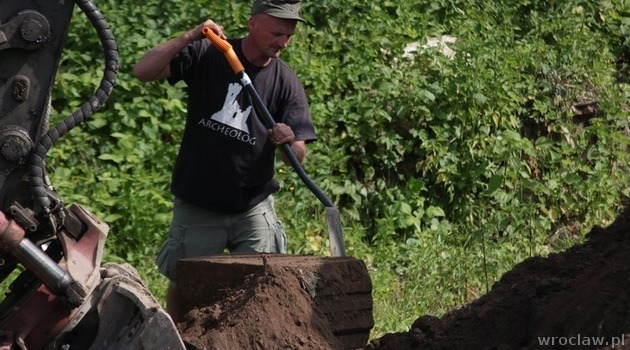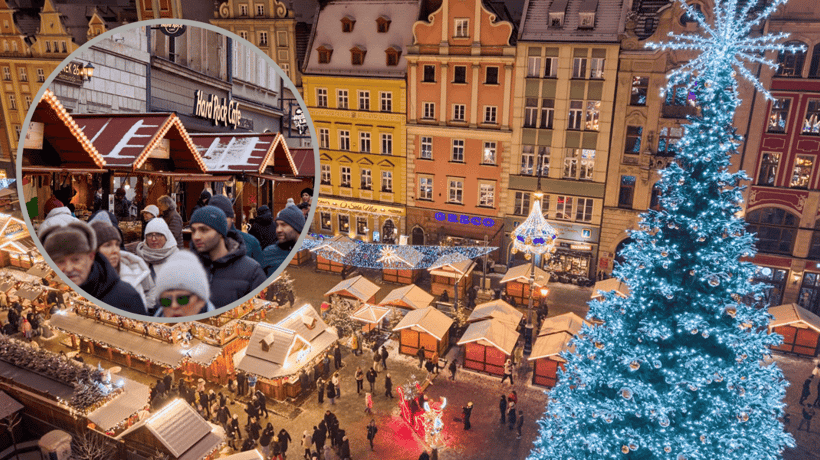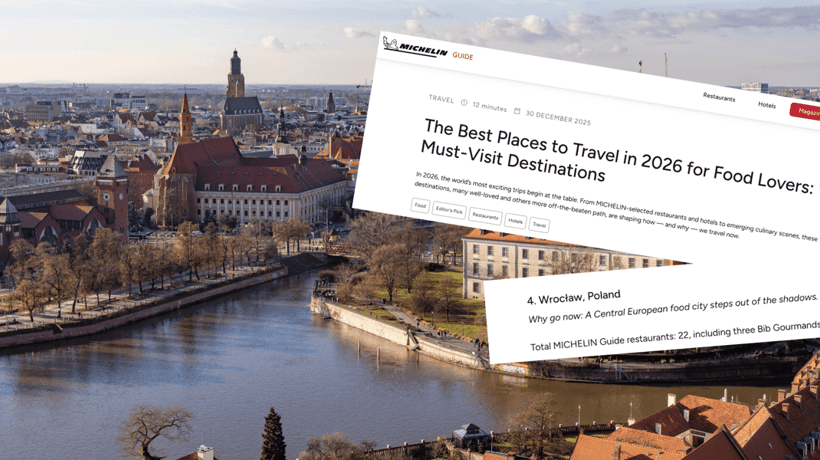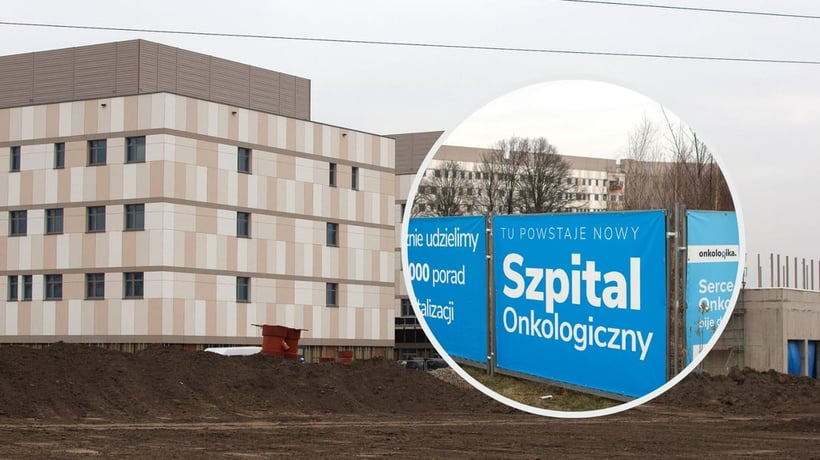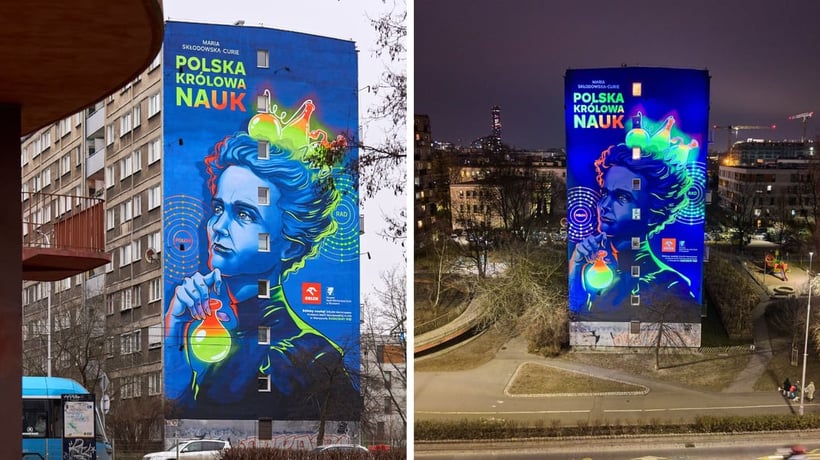The archaeologist spends every weekend uncovering old walls of the castle and adjacent structures from under layers of soil. The castle dates back to the 13th century. Now, thanks to the effort and passion of Tomasz Cisnocha, there is a chance that the ruins will not only see the daylight again, but will also become a great tourist attraction.
Mysterious hill
‘I spend every weekend here. My friends and colleagues from the archaeological community help me out. We still have a lot of work to do’, says the archaeologist from Wroclaw. ‘The uncovering of the ruins began with the digging-up of the hill located in the central point of the folwark. ‘I thought that it was the location of the castle courtyard, but it turned out that cellars of the old wing were there,’ he adds. It is still necessary to excavate cellars, clean the original castle moat, reconstruct the vault and build two additional storeys in the fashion of the church from the same period. ‘I do this not only for myself – my aim is also to create an additional tourist attraction near the route to the Ślęża mountain,’ explains Tomasz Cisnocha. He would like to adapt the old and historic cowshed to the needs of tourists. ‘There would be space for conference rooms and the hotel part, but these are distant plans for the time being.’
He will have his own castle
The castle in Rogów Sobócki existed till the middle of the 20th century. The local inhabitants remember that it was a really imposing building. Unfortunately, the relic of feudalism was blown up. Part of the ruins were buried and razed to the ground. ‘When I began to remove debris from the moat, an inhabitant of Rogów came and was really surprised to see me uncovering something that he had been burying for so many years,’ laughs the archaeologist. ‘But, in general, people are happy that I’m saving these ruins. After all, it’s a piece of history,’ he adds. The idea to excavate ruins was supported financially by the EU, but further funds are still needed. Historic buildings can also serve the purpose of archaeological tourism. The owner is renovating folwark buildings by means of a medieval technique and is planning field workshops for fans of archaeology. Everyone can arrive and see the progress of excavation works on every weekend. ‘I admit that I’m happy as a sandboy with the very fact that I will have my own castle!’ says Tomasz Cisnocha.
History of the castle in Rogów Sobócki
Built probably in the 15th century, the brick manor house surrounded by a water moat was the seat of the Reichenbach family. In the 16th century, the Rogów estate was taken over and rebuilt by the Gellhorn family. At that time, the western wing was built. During the Thirty Years’ War, the castle was burned down in 1640, but the then owners managed to restore it without changing its form. Around 1765, Rogów was taken over by the von Schickfuss family, who rebuilt the castle in the late Baroque style. This family supported the anti-Napoleonic movement, which resulted in an oath taken by Lutzov’s corps in the Rogów church in 1813. Around 1829, Rogów was acquired by the von Wentzky family, and in 1852 its owners became the Pucklers, who rebuilt the site again in the neo-Renaissance style. In 1945, during the war, the manor house was burned down. In 1972, the ruins were blown up on the initiative of the State Agricultural Farm. The only remaining trace was the castle courtyard, which could not be blown up.
Photo: private archives of Tomasz Cisnocha
